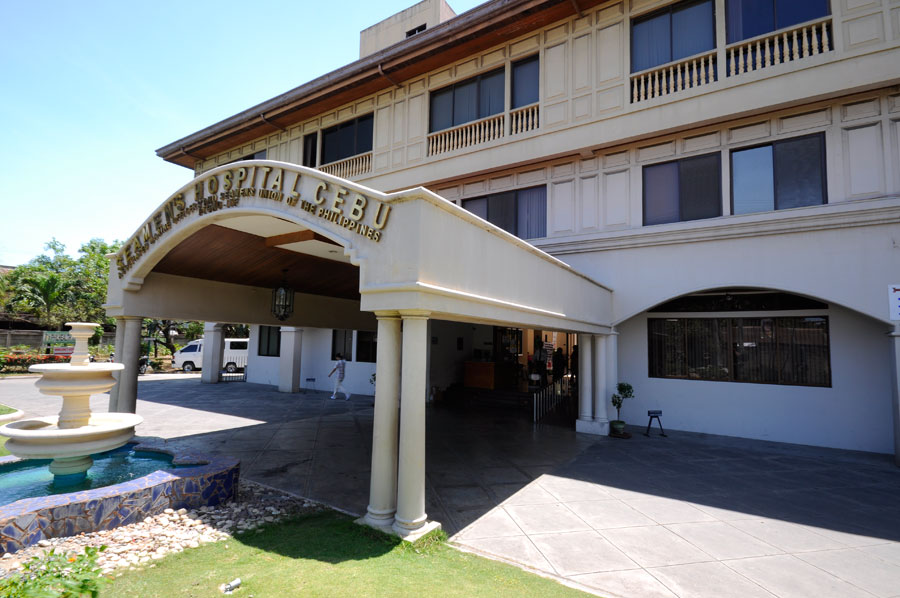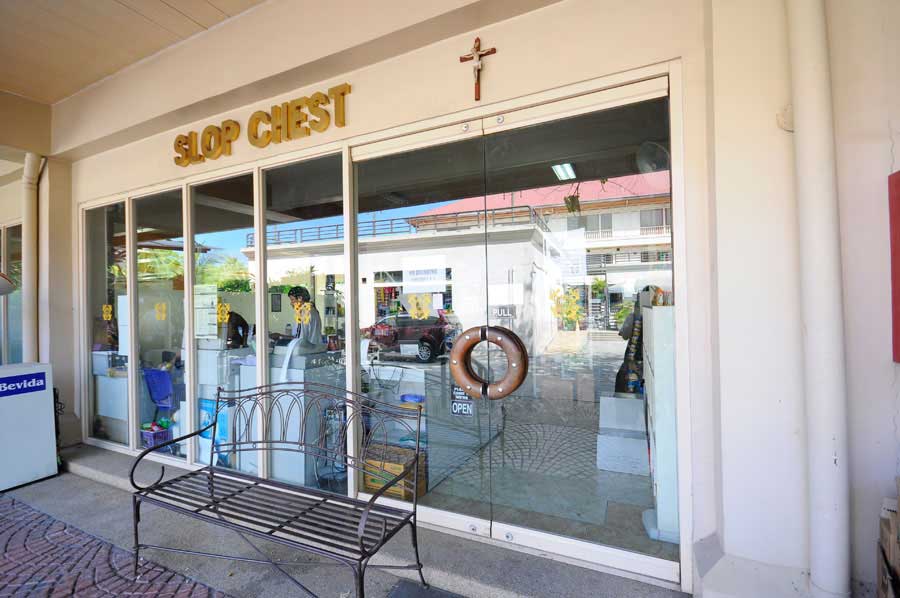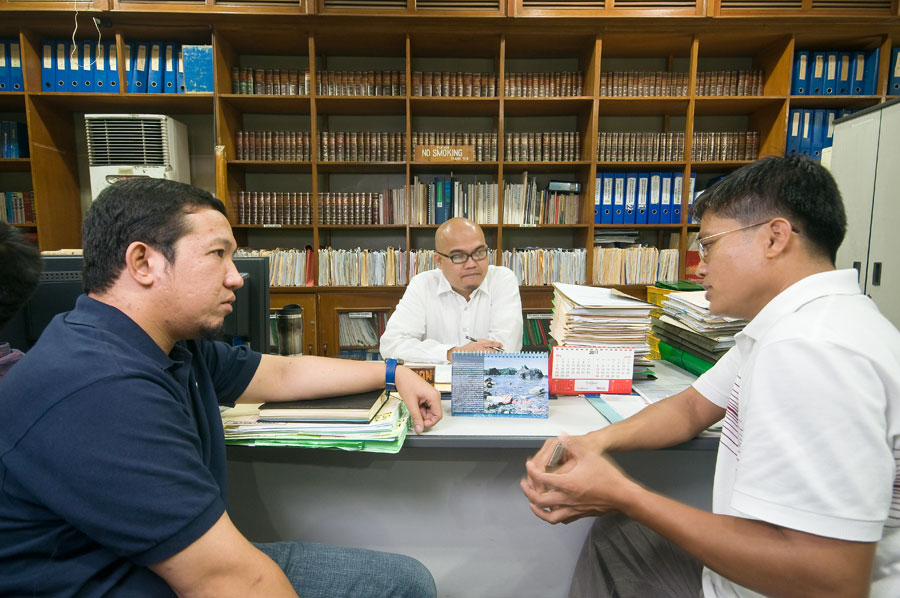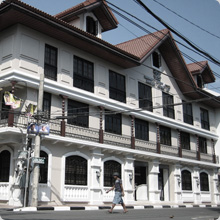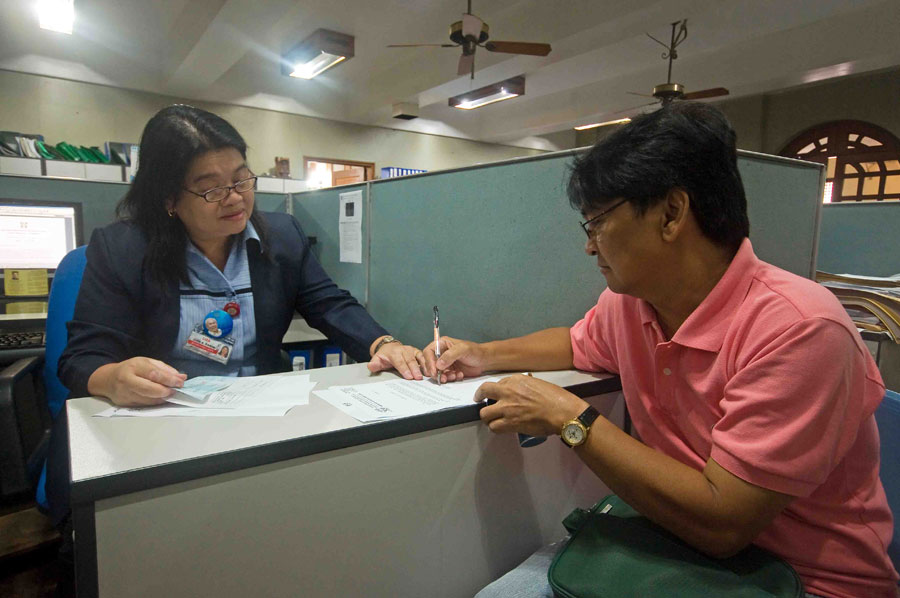The Associated Marine Officers’ and Seamen’s Union of the Philippines (AMOSUP) today welcomed the coming into force of the Maritime Labour Convention 2006 (MLC) of the International Labour Organization (ILO) on 20th August. The Union believes that this new international legislation has the potential to make a genuine difference to the lives of seafarers..
Among the advantages that the MLC offers are:
- The potential to stop blacklisting and charging for jobs by some manning agents;
- The recognition of all crew – including hospitality crew on international cruise ships – as seafarers, who will now all get the same protections;
- Enhanced checks by port state control, including of pay problems such as double bookkeeping; and
- The establishment of welfare facilities in ports, and of on-ship safety committees.
AMOSUP’s president, Dr. Conrado F. Oca who is also chairman of the Asia-Pacific Seafarers Regional Committee of the International Transport Workers’ Federation (ITF) explained: “After the Maritime Labour Convention was adopted in 2006, it became highly important for member states in the Asia Pacific region to ratify the Convention and ensure its immediate entry into force considering the hundreds of thousands of seafarers from the region and extent of Asia-Pacific maritime activities. We are particularly proud of the fact that the Philippines’ ratification in August 2012, triggered the entry into force of the MLC one year later. Beyond achieving a universal bill of rights for seafarers, MLC 2006 creates a more viable environment that should enhance the quality of global maritime employment.
With the strict enforcement of decent working conditions for seafarers, including maritime cadets undergoing training, the MLC will be able to promote a more socially responsible shipping industry all over the region where many of the busiest sea lanes and sea ports can be found. We anticipate that in creating a level playing field through enforcement of MLC 2006, sub-standard shipping will be marginalized with substantial improvement in the quality of domestic shipping, particularly in the areas of maritime safety, security and protection of the marine environment.”
AMOSUP is an affiliate of the ITF, whose president, Paddy Crumlin, commented: “The MLC represents a significant leap forward in the global trade union campaign to improve the labour rights and labour standards of seafarers. It is a true watershed in international shipping, which adds the pillar of workers’ rights to existing standards of safety, security and crew standards.”
About the MLC
The MLC is regarded as the fourth pillar of shipping regulation, alongside, SOLAS, MARPOL and the STCW (Standards of Training, Certification and Watchkeeping), and is intended to be strictly enforced by flag states and port state control. It should provide a ‘one stop shop’ for labour standards. This will mean that all seafarers should be able to enjoy comprehensive protection of their fundamental rights, and ensure good employment practice across the industry.
The convention addresses a range of matters, including the obligations of shipping companies with respect to seafarers’ contractual arrangements, the responsibilities of manning agencies, working hours, health and safety, existing ILO maritime standards and accepted good employment practice. Under it, every ship over 500 gross tonnage operating in international waters or between ports of different countries will have to have a Maritime Labour Certificate issued by its flag administration following an inspection. There will also be a requirement for ships to complete and maintain on board a Declaration of Maritime Labour Compliance.
For seafarers, the convention sets out the minimum rights that they should expect (although many states that ratify it may have higher standards), and incorporates and builds on 68 existing maritime labour conventions and recommendations, as well as other fundamental principles, to ensure decent working and living conditions.
The MLC establishes the responsibilities of flag states in respect of the certification and implementation process, and forces the involvement of shipowners’ and seafarers’ organizations in the legislative process to incorporate the MLC in national maritime legislation.
It also covers the recruitment process and lays out fundamental information to be inserted in employment contracts and provisions to establish health, social and security. In addition, it encourages the establishment of port welfare facilities, regulates working and rest hours, training, medical care and the prevention of accidents.
The convention will provide seafarers with options on how to report breaches of its regulations. It also seeks to strengthen the port state control system and establish a more balance maritime industry.
The ITF is supporting the MLC’s launch with a range of advice and materials designed to help seafarers understand and apply it. These include a dedicated web area at www.itfseafarers.org/ILOMLC.cfm and the guide, A Seafarers Bill of Rights, available at www.itfglobal.org/infocentre/pubs.cfm/detail/23556. The ILO website on the MLC can be seen at www.ilo.org/global/standards/maritime-labour-convention

